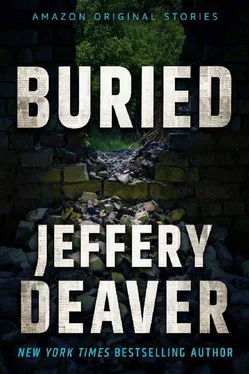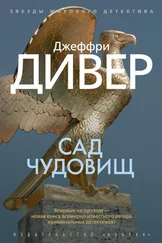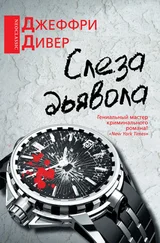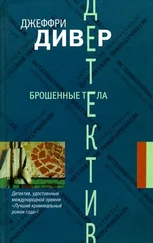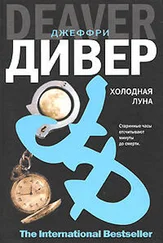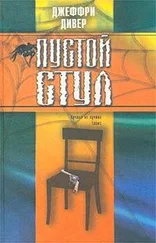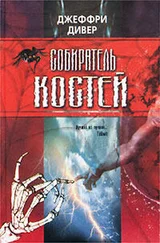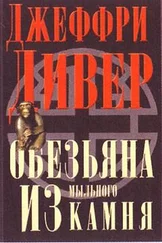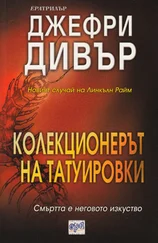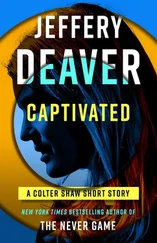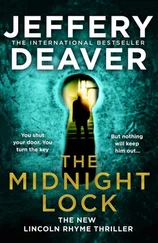“Corn’s okay,” Dottie said. “Is it all corn?”
“I don’t know. Maybe rye.”
“Can’t do rye. Mostly I drink cosmos. Gluten-free vodka.”
“That’s a liquor? That they make?”
She nodded.
“Well, whiskey is all I have.”
“I’ll stick with this.” Lifting a Starbucks cup. “Nothing wrong with chamomile and whiskey.”
“Just not together.”
They tipped mug and cup toward each other, then sipped.
“You might’ve been the one who saved him,” Fitz told her.
“How’s that?”
“The woman who solved the riddle? She was overseas. Maybe one of your forty to fifty million.”
“Really?”
He couldn’t tell if she was pleased or not. Looking at the four studs in her cheek, he tried again to figure out what constellation they might represent. Came up with nothing. He’d never done science writing.
“You wrote that story fast,” she said.
“Had to make the deadline. Seven p.m.”
“What do you mean?”
“The print edition, the Examiner ? Always been the rule. The copyeditor needs the copy by seven p.m. You get it one minute late and it’s bumped to day after tomorrow.”
“Why?”
“Doesn’t matter. It’s the rule. Nobody’s ever missed it.”
She seemed perplexed; with online publication, of course, you didn’t have to worry about typesetting and printing and getting the papers to the trucks and to newsstands and doorsteps. You hit the return key and, poof, there it was, for the world to read.
“Coyle’s okay?” she asked.
“Okay-ish.”
“Not a word that you’d use in a story.”
“Only in a direct quotation.”
Dottie gave a smile. “‘Quotation.’ A noun referring to a direct statement attributed to a speaker. The word ‘quote’ is a verb.”
He nodded, acknowledging she was correct. He poured another whiskey and downed it.
She was sipping her tea. “I knew who you were before I joined National Media.”
He lifted an eyebrow.
“A professor at Northwestern? She mentioned you. She told us to read some of your pieces.”
“Did you?”
“No.”
“Well, I didn’t look up baby goats in pajamas.”
“You should. They’re really cute. Why do you hate us?”
“Us?”
“Online, new media?”
Fitz set down his drink and popped a lozenge. “Because it doesn’t play by the rules. Real journalists dig, they background, they research. They’re fucking pains in the ass, hounding subjects for statements. They get double attribution — at the minimum — talk to multiple sources... They report facts. Not alternative facts, not sort-of, kind-of facts.”
He was riled up. But no stopping now.
“The social media mafia? No time for mining. They pass off rumors and opinions as news. Half the time they just plain make shit up. And people believe it because it’s in their feed . I read it, so it has to be true.” He lifted the mug and he drank. “Fake news used to be an oxymoron. If it was reported, it couldn’t be fake.”
“Oh, excuse me, Fitz.” Dottie was laughing. “You think this is new ? What about yellow journalism? The 1890s, William Randolph Hearst and Pulitzer competing for newspaper circulation in New York? Look at the lies they published.”
She had him there. The two publishers lowered their papers’ prices to a penny, to reach as many people as possible, and then slapped outlandish — and completely false — stories on yellow newsprint to draw attention. Historians still believed that phony dispatches from Hearst’s journalists in Cuba started the Spanish-American War.
Fitz parried: “It’s just so much easier to spread lies when you can reach, well, forty or fifty million people by pushing a button.”
She said, “It’s not the medium. Men still shave but they don’t use straight razors. We still listen to music but not on eight-track tapes.”
“How do you know about eight-tracks?”
“I walked down to the public library and looked it up in the Encyclopædia Britannica .”
He snorted a laugh, coughed a bit.
“You okay?”
“Pollen.” Another sip of whiskey got downed. After a moment he said, “I miss the... relationship.”
“Relationship?”
“A newspaper — a paper newspaper — is like a friend knocking on your door and sitting down with you at the breakfast table or desk. It’s a traveling companion when you’re on the train or plane. It’s a thing you can touch, you can hold, you can smell. It’s big, it’s real. That’s what I miss. Okay, enough crap. ’Night.”
He started back to his office.
“Wait.”
Fitz turned.
“What’s the mistake?” Dottie said. “The punctuation?”
“Oh. Using an apostrophe s for the plural; it’s always for the possessive. Never for plural. Irks me to see sentences like ‘There were three Frank’s at the party,’ Frank apostrophe s .”
“You’re wrong.”
He cocked his head. “What?”
“You can use apostrophe s for the plural.”
“No, you can’t,” he grumbled. Now that the apology was a matter of record, he could be curmudgeonly.
She said, “Dot the i ’s. Without the apostrophe the word becomes is and the reader’s confused. Do’s, the same thing. Do’s and Don’ts.”
“Goddamn.”
“This make me a young whippersnapper?”
“I’m going home.”
“Fitz, you can’t drive,” Dottie said. “I’ll get you an Uber.”
“The hell’s an Uber?”
He tried, but he just couldn’t keep a straight face.
Once home, Fitz walked into his den, which he’d turned into an office. The ten-by-ten-square-foot room was more congested than his space at the Examiner .
He cleared the top of his desk — no easy task — then dropped into the creaky chair and happened to glance up at his wall, covered with clippings of articles he’d written over the years, encased in cheap plastic frames.
City Councilman Indicted in Money Laundering Scheme
Organized Crime Figure Linked to High-Tech Entrepreneur
Sex Trafficking Ring Brought Down
There were many more. He’d been an investigative journalist for more than forty years.
He smiled to himself at that thought: his journalism professor — the J-School at University of Missouri — had given him a failing mark for writing, “He had been a professor for over ten years.”
“Mr. Fitzhugh. It should be ‘more than.’ When you have individual items, the adverbial phrase is ‘more than’; when you have a single quantity, ‘over’ is proper. ‘He did well over the course of his tenure as professor.’ Though I would recast the sentence to say, ‘During his tenure as professor, he did well.’”
Ah, the battles we writers fight... All in the name of helping our readers best understand what we’re saying to them.
Now, let’s look at what makes you tick, Mr. Gravedigger. What is your why ?
He opened Jen’s bag and extracted his notes, spread them out on the desk before him. To a bulletin board next to his desk he pinned the chart he’d created earlier, when he was exploring his publicity theory.
Stories around the Time and Place of the Gravedigger’s Kidnappings
Kidnapping One — Shana Evans
● Domestic batteries and one parental domestic abduction.
● Gang shootout, bystander killed in cross fire.
● Food processing plant investigation — salmonella outbreak.
● Four robberies, all drug related.
● Graffiti on synagogue; LGBTQ activist assaulted; hate crimes.
● Serial killer preying on prostitutes (MO was different from the Gravedigger’s).
Читать дальше
